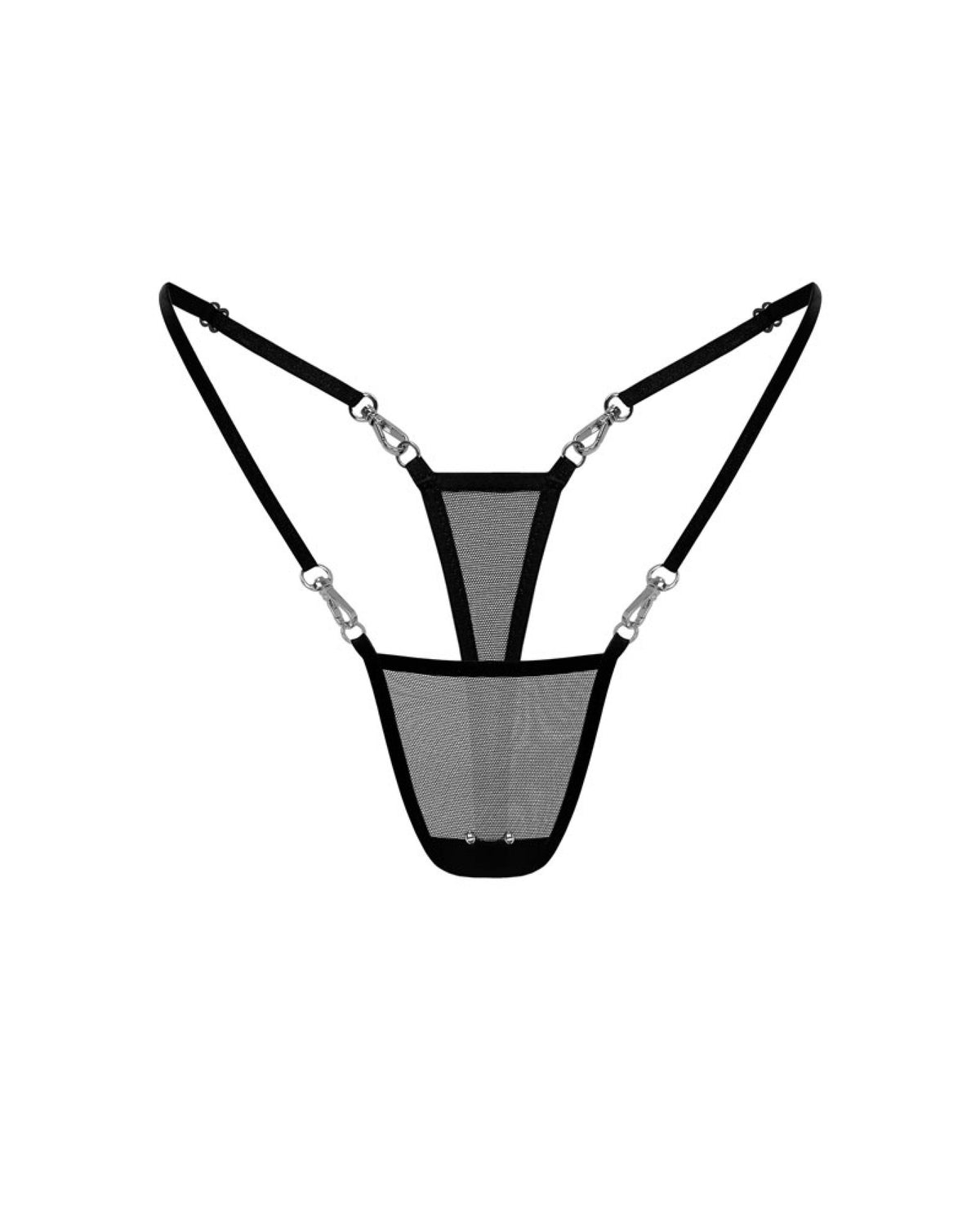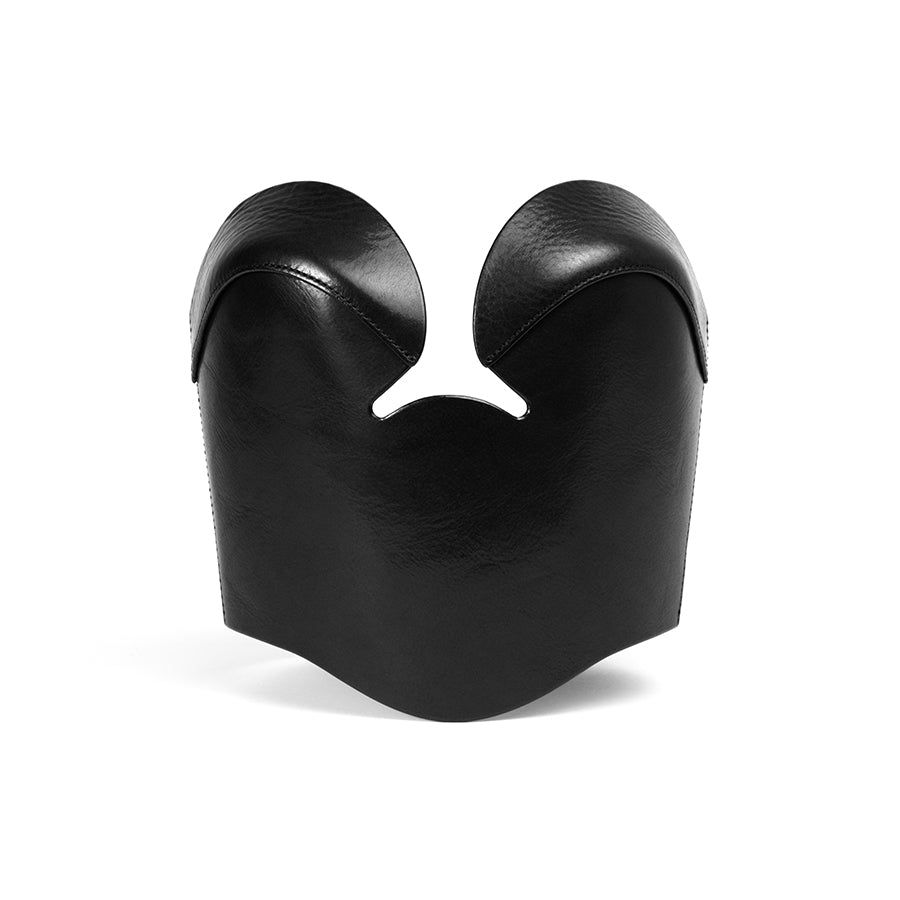
September 19, 2025
How Kink Can Be Therapeutic
When most people hear the word kink, they think of leather, chains, or taboo fantasies. What often gets overlooked is the deep emotional and psychological impact kink can have. Beyond pleasure, kink can serve as a powerful therapeutic tool, offering stress relief, emotional processing, and stronger connections with ourselves and others.
1. Relieving Tension and Stress
Many forms of kink involve physical activity, sensory stimulation, or role play. These experiences can trigger endorphins, dopamine, and oxytocin—chemicals that help our bodies relax and our minds unwind. Much like a workout, a good kink session can leave you feeling lighter, calmer, and less burdened by everyday worries. For some, it’s a way to let go of control; for others, it’s a safe container to explore intensity and then release it. Either way, the stress reduction is real.
2. Building Trust and Safety
At the heart of kink is consent. Partners communicate openly about desires, limits, and boundaries. This focus on respect and negotiation builds trust and fosters a sense of safety. When you know your boundaries will be honored, you can relax into the experience without fear. For many, that safety is deeply healing—especially for people who may not always feel fully seen or respected in other parts of their lives.

3. Emotional Release and Closure
Kink can also create space for catharsis. Whether through role play, impact play, or power exchange, participants often tap into emotions that are hard to access in daily life. Tears, laughter, or a deep feeling of release can emerge, allowing people to process stress, grief, or past experiences in a controlled, supportive environment. Aftercare—the gentle, caring attention partners give after a scene—often helps integrate this emotional release, leaving people grounded and whole.
4. Reclaiming Power and Identity
For some, kink becomes a way to rewrite personal narratives. Stepping into roles of dominance or submission can allow people to explore aspects of themselves they may have suppressed. It can also be empowering for those who’ve experienced disempowerment in other areas of life, offering a sense of agency, control, or freedom that carries into everyday experiences.

5. Cultivating Mindfulness and Presence
Kink often requires being fully present in the moment. The intensity of sensation, the focus on communication, and the emotional exchange all pull participants into the here and now. This presence is similar to meditation: instead of your mind wandering, you are anchored in your body and your connection. That mindfulness can help reduce anxiety and strengthen resilience beyond the scene itself.






